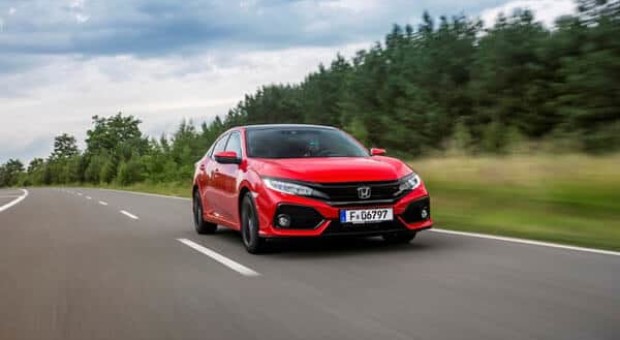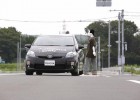
Whether you’re a new driver or you’ve been on the road for years, everybody can make improvements to their road usage. If you want to start taking a sensible approach to driving then here are some helpful suggestions.
Be safe on the road.
If you want to take a sensible approach to driving then you need to be safe on the road. That goes without saying, but you might not necessarily be doing enough to keep yourself and others safe when you get behind a wheel. You need to drive responsibly, and the first step to driving responsibly is avoiding distractions. This applies to all manner of distracting scenarios: a loud radio, messages popping up on your phone, or passengers who are arguing in the back of the car. If you want to be safe on the road then you need to concentrate on what is happening outside of your vehicle. You need to focus on road signs, pedestrians, and other things happening around you. Every small detail counts. For example, if you spot a dog beside the road then you should slow down just in case they suddenly run out in front of your vehicle. It’s not enough to vaguely pay attention to the road in front of you. You need a wider perspective.
Of course, even responsible road users have to be aware of other drivers. Taking a sensible approach to road safety is about defensive driving, above all else. You might be a cautious driver who avoids distractions and obeys the rules of the road, but there’s no guarantee that your fellow road users are going to do the same. If you notice that another driver is distracted or manoeuvring in a reckless manner then it’s important to react responsibly. As mentioned above, you can’t let emotions distract you when you’re behind the wheel. That’s the key to defensive driving. If you notice that another road user is acting irresponsibly then you should keep your distance so as to prevent an incident from developing. You need to think about your best interests in the event of a collision that wasn’t your fault; you might want to do some research with regards to your legal options. Here’s what you should do after a car accident. It’s important to get the compensation you deserve for the sake of any medical or automotive costs you might face. But taking a sensible approach to driving is mostly about avoiding such incidents in the first place.
Take good care of your car.
This is another important component of driving sensibly. Being a cautious and observant driver is essential, but that isn’t enough to keep you and other road users safe. You need to make sure that you’re operating a roadworthy vehicle. Regular maintenance will help to ensure that this is the case. You need to check the tyre pressure and oil level of your car on a frequent basis. Plus, you should clean the surface of your vehicle regularly to make sure that dirt doesn’t turn into rust. You don’t want important mechanical components of your vehicle to become faulty. Taking a sensible approach to driving is all about taking good care of your car.
Assess your trip before a journey.
We’ve talked about staying safe on the road and looking after your vehicle, but another sensible approach to take towards driving is to assess your trip before a journey. Obviously, this might require more extensive planning before a long trip, but it’s always an important thing to do. For instance, you’ll need to be more cautious than usual if there’s bad weather. You’ll want to think about the advice given earlier in this article; be observant and cautious. Stay well below the speed limit if the roads are icy, for example. You might feel in complete control in your car, but it’s important to account for different road conditions. And if it’s a foggy day then you need to account for low visibility too. If you’re just heading out on a 10-minute drive to work or your local shop then you’ll know the way, but you might want to pass driving duties to a friend who knows the way if you’re heading on a journey that’s unfamiliar to you. Adverse weather conditions can really impede your ability to drive safely, so you need to exhibit more caution than usual if you want to take a sensible approach to driving.
As for longer journeys, you need to do extensive planning with regards to the things you’ll need on your trip. If you’re going on a journey that’ll take less than an hour then you probably don’t need many supplies, but road trips are a different story. You need to assess your trip in terms of the potential routes you could take. Certain roads could be closed, for instance; do you have a backup plan? Do you know of other roads which could be taken? And you should also pack plenty of emergency supplies. A medical kit, a water flask, snacks, numbers for roadside assistance teams, and a spare tyre are examples of things you should pack in your car before a long journey. That way, you’ll be more than prepared if your car ever breaks down and you’re waiting a while for help.




















